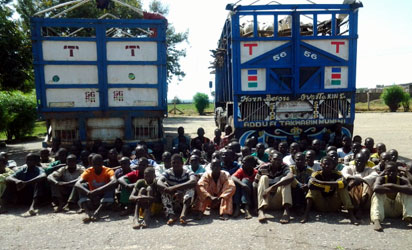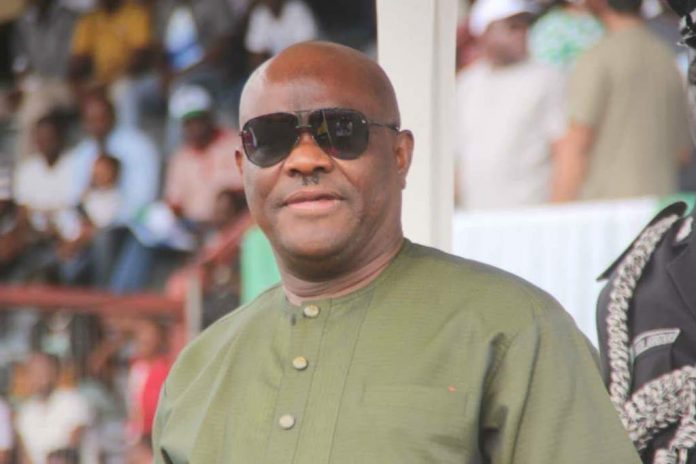The police in Lagos on Saturday explained why they blocked a truck carrying northerners and arrested its occupants. Lagos police commissioner, Zubairu
The police in Lagos on Saturday explained why they blocked a truck carrying northerners and arrested its occupants. Lagos police commissioner, Zubairu Muazu, said the arrests were carried out as a preemptive security measure against the backdrop of worsening insecurity across the country.
The 911 truck was riding into Lagos yesterday afternoon when police and Lagos government officials pulled it beside the road and ordered all occupants to alight. The citizens, northerners, who were mostly young, had squeezed themselves among a cluster of motorbikes they were bringing into Lagos with them.
“When you have people coming into Lagos enmasse, you have a duty to accost them and profile them and find out who they are, where they are coming from and what is their mission in Lagos. The movement is suspicious: They are not cows, and they are not yams, but they are coming in just like that. They could even be victims of human trafficking,” Mr Muazu said.
Lagos authorities did not immediately say whether anything was found on the arrested citizens that could indicate they were a security threat.
“I have detailed some officers to thoroughly investigate the incident and submit their report to me in a short period of time, but I have not heard back from them as of this morning,” the commissioner said.
On Wednesday night, Lagos State uploaded a video of the incident on its twitter handle, drawing criticisms from some users who accused it of criminalising movement of citizens.
Lagos has become one of the main spots for relentless monitoring by security agencies since Boko Haram crisis began 10 years ago. Still, a large number of okada riders in the nation’s commercial capital came from the northern parts of the country.
The state has grappled with high crime rates, especially armed robbery, burglary and pickpocketing, for several years, many of which had been regularly linked to commercial motorcyclists. The criminal acts, as well as traffic disruptions, linked to commercial motorcyclists compelled the state to introduce heavy restrictions in the sector between 2011 and 2012.
The restrictions further complicated movements for the state’s nearly 20 million people, most of whom rely on commercial transportation. Over the past two years, however, the state has been registering bike-hailing businesses, an initiative widely seen as bringing sanity into the sector.


